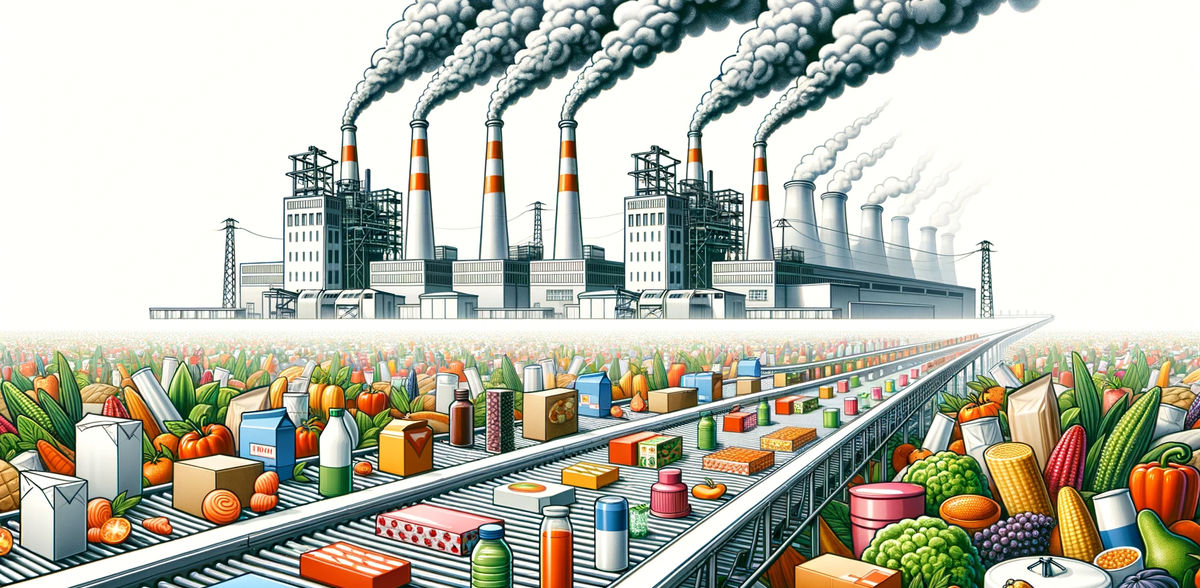Food industry consumes many fossil fuels
Advertisement
Food production accounts for at least 15 percent of global fossil fuel consumption, according to a new study. The production, transport and storage of food contribute 4.6 gigatons of CO2 equivalents to global emissions each year, the nongovernmental organization Global Alliance for the Future of Food said Thursday when it presented the report. That is equivalent to the emissions of all European Union countries and Russia combined. The study is the first estimate of fossil fuel consumption across the food industry supply chain, according to the authors.
"The food industry has a fossil fuel problem. To prevent climate catastrophe, we urgently need to shift food manufacturing, like other sectors of the economy, away from fossil fuels," said Global Alliance for the Future of Food Climate and Health Program Director Patty Fong. "Shifting from fossil fuels to renewable energy and sustainable and organic agriculture would not only protect our planet, but also make food cheaper, increase food security, create jobs, improve health and help fight hunger."
While fossil fuel consumption in transportation and energy is trending downward due to the shift to renewable energy, oil companies are investing heavily in the petrochemical industry to produce plastics, pesticides and fertilizers, the study says. According to the study, large quantities of fossil fuels are used especially in the production and packaging of food. Food packaging plastics and fertilizers, for example, accounted for about 40 percent of petrochemical products.
The study's authors call for increased use of renewable energy in the food industry, the elimination of highly processed foods, and a review of tax breaks and subsidies for the agricultural industry.
"Current trends such as increasing consumption of processed foods will only increase the food industry's reliance on fossil fuels," said Alex Cheval of the consulting firm Dalberg Advisors. "But there are also steps we can take now to reduce that dependence, and a clear opportunity to transform food systems for the benefit of society and the environment."/dde/DP/mis (dpa)
Note: This article has been translated using a computer system without human intervention. LUMITOS offers these automatic translations to present a wider range of current news. Since this article has been translated with automatic translation, it is possible that it contains errors in vocabulary, syntax or grammar. The original article in German can be found here.





























































